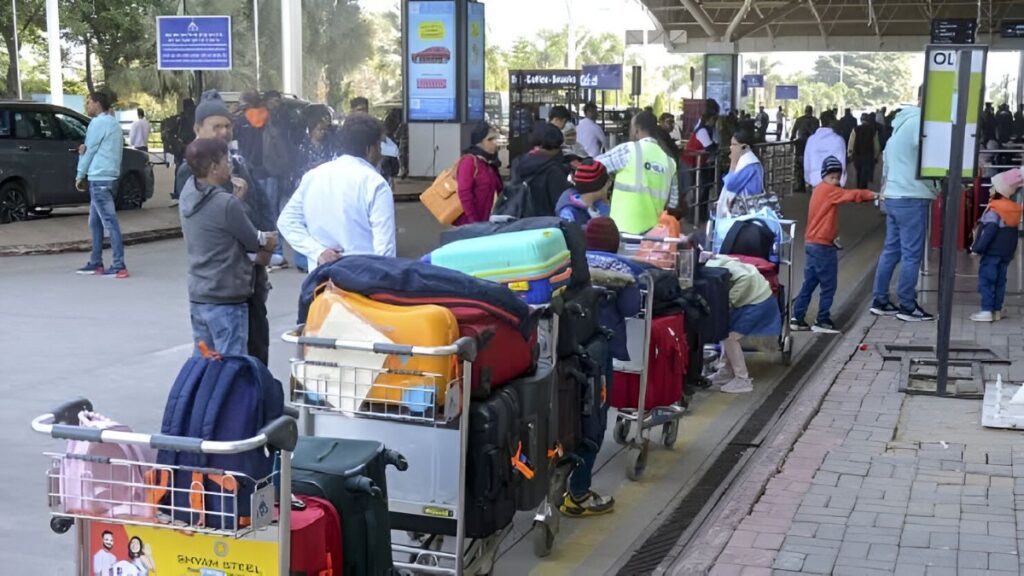India Tightens Borders: Immigration guidelines now far stricter with ultimate power to deny entry of non-citizens in India

India’s proposed Immigration and Foreigners Bill, 2025 marks a historic shift in border control policies. For the first time, threats to sovereignty and ties with foreign governments could outright ban entry for non-citizens, empowering immigration officers with final decision-making authority—a power previously exercised informally but never codified.
The legislation sweeps away colonial-era laws dating back to the 1920s, including the Foreigners Act (1946) and Registration of Foreigners Act (1939), replacing them with a unified framework. Overlapping statutes, some crafted during wartime eras, have long complicated enforcement. The new bill streamlines regulations, targeting visa fraud, overstays, and national security risks with ironclad penalties.
Crackdown on Illegal Immigration
Foreign nationals entering without valid passports face up to five years in prison or fines of ₹5 lakh. Forgery? That could mean seven years behind bars and ₹10 lakh penalties. Overstaying visas? Three years imprisoned and ₹3 lakh fines. Universities and hospitals also face stricter scrutiny, mandated to verify foreign applicants’ credentials rigorously.
Critics argue the bill’s “burden of proof” clause—forcing individuals to prove they’re not foreigners—could spark legal challenges. Yet, proponents hail it as a necessary shield against espionage and infiltration. The Bureau of Immigration, previously operating under fragmented laws, now gains robust legal backing to enforce these measures.





